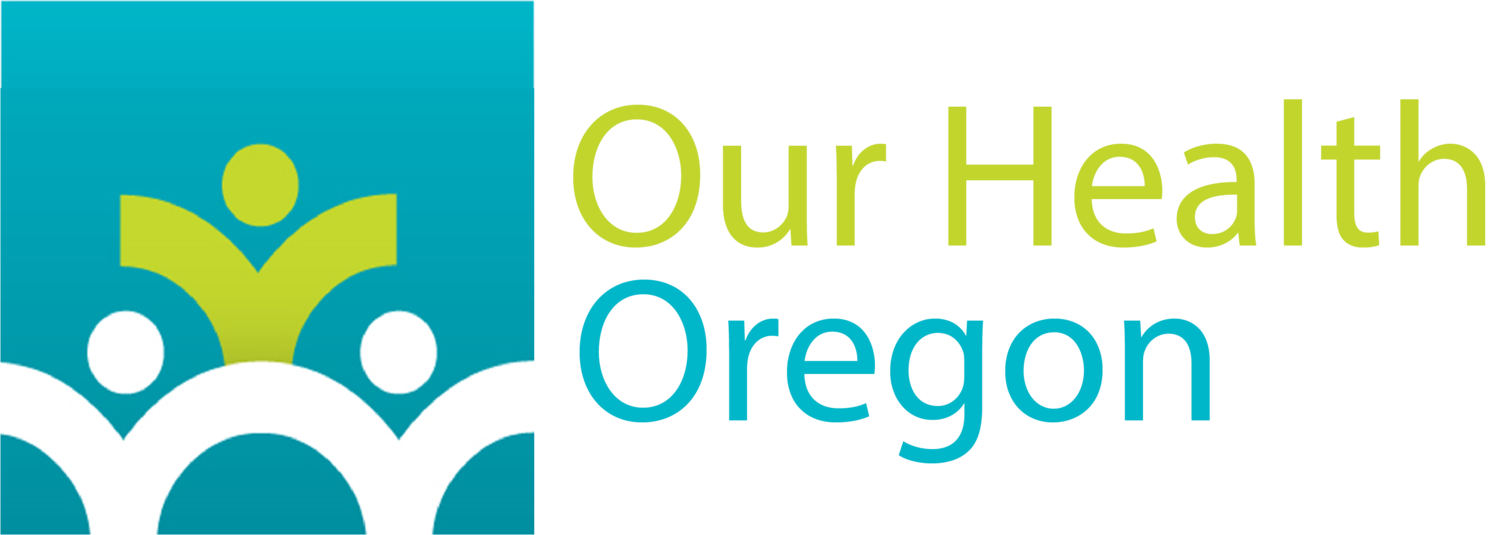Note: This information first appeared in an article by Jordyn Brown for the Eugene Register-Guard.
Like so much public health policy driven by the pandemic, Governor Brown’s mask mandate for schools has been divisive in parts of Oregon and has led to harsh criticism by some parents and school boards despite broad support for the move by medical groups like the Oregon Pediatric Association.
With many Oregon children now back in school full-time and in-person, here are responses by pediatricians to some of the most common questions about children, masks and COVID-19.
Are children susceptible to COVID-19?
Yes. More than 1.8 million children in the U.S. have contracted the virus, more than 6 percent of all cases. Dr. Serena Black of PeaceHealth Medical Group said she and other physicians are seeing more COVID-19 cases in children, especially with the rise of the Delta variant. Hospitalizations of pre-teens are also on the rise.
Are masks effective for children?
Yes. When worn correctly they create a barrier that reduces spread of the aerosols that can carry the virus.
"Masks are important for children for multiple reasons," said Dr. Black. "Children under 12 are still not eligible for vaccines and therefore masks and hand hygiene are the best ways to keep them safe from infection (not only from COVID-19 but also other respiratory infections like influenza).
"It is also important for children to wear masks to help minimize community spread of respiratory infections as children are classically a population that is likely to get sick and spread respiratory viruses to others."
Can masks make it harder for my child to breathe?
No. Despite some concerns that face masks reduce oxygen intake and could lead to low blood oxygen levels, Dr. Black says there is no evidence that wearing masks has any detrimental effect on children’s health or development.
Will my child be at risk of poor lung development?
No. Pediatricians and doctors continue to debunk this rumor.
Cloth masks are made from breathable material and oxygen flows through and around the mask, while blocking spray of spit that may contain the virus, according to the American Academy of Pediatrics.
Pediatricians say keeping your child's lungs healthy is important, including the prevention of infections like COVID-19.
Can carbon monoxide get trapped in the mask?
No. Health officials and pediatricians say this is another myth that needs to be debunked.

